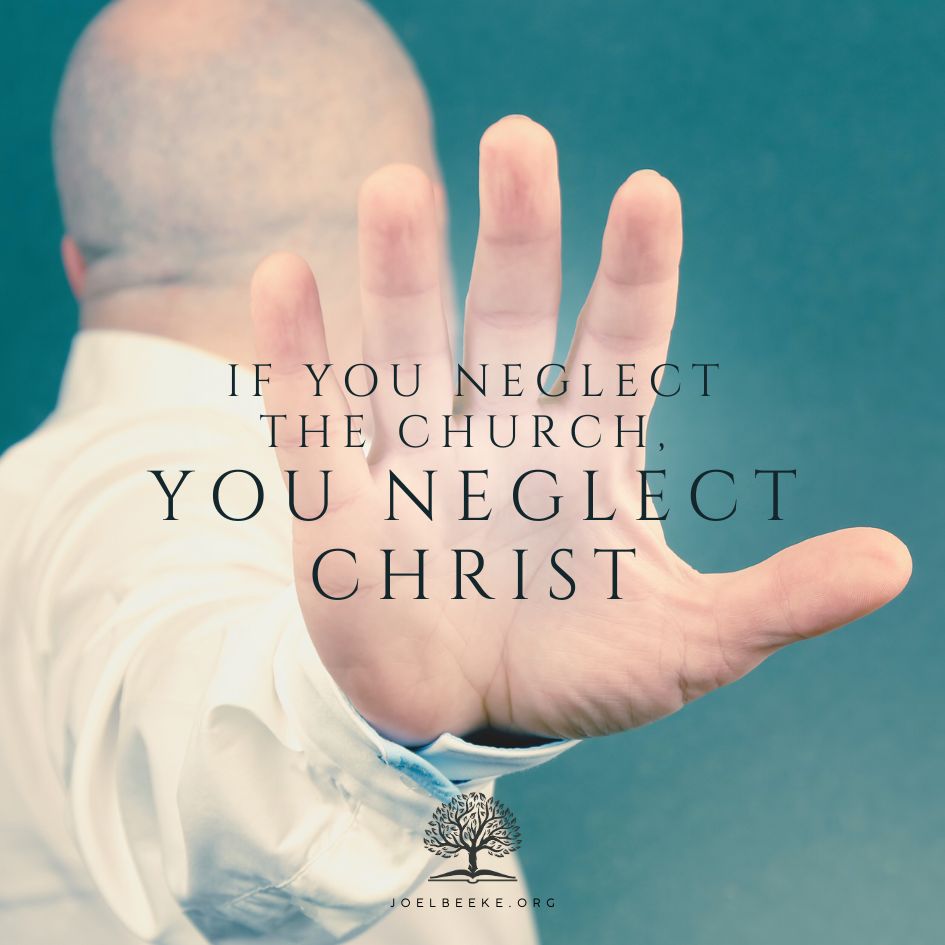
Assurance is not the same thing as faith, but it’s closely related to it. Assurance grows organically out of faith like a plant out of a seed, or a flower grows out of a plant and a root. Assurance then pertains to a believer’s present degree of faith. Weak faith will usually produce weak assurance, and strong faith will beget strong assurance.
According to the Westminster Confession, “a true believer may wait long, and conflict with many difficulties, before he be partaker of” assurance (18.3), but the relationship between faith and assurance usually strengthens over time, “growing up in many to the attainment of a full assurance” (14.3). The acorn of faith will often evolve into the oak of full assurance. At the beginning, faith may bring forth only thirtyfold, but with the Spirit providing and blessing the proper nourishment, faith will frequently produce a hundredfold (Matt. 13:8).
Grace usually grows with age, and as faith increases, other graces increase. Richard Sibbes observed that young believers normally display much zeal, but older saints “grow more in strength and stableness, and are more refined.”1Richard Sibbes, The Works of Richard Sibbes (1636; repr., Edinburgh: Banner of Truth, 1983), 7:222–23. Thomas Brooks wrote, “Assurance is meat for strong men; few babes, if any, are able to bear it, and digest it.”2Thomas Brooks, The Works of Thomas Brooks (1680; repr., Edinburgh: Banner of Truth, 1980), 2:371. Charles Spurgeon said that some young believers make a great mistake by expecting “ripe fruit upon a tree in spring, and because that season yields nothing but blossoms, they conclude the tree to be barren.”3C. H. Spurgeon, Metropolitan Tabernacle Pulpit, 10 (1864): 549. That mistake can bring barrenness and darkness upon their own souls. Though they ought to strive for assurance, they—as well as mature saints around them—must remember that it would be very unusual for them to have a high degree of mature assurance when they are but babes in grace who have scarcely begun to learn to walk by faith rather than by sight (cf. John 9:25).
Age and experience do not guarantee assurance, however, nor is it impossible for God to plant faith and full assurance simultaneously. Spurgeon spoke on the one hand of both ministers and martyrs who lacked full assurance of faith until the very end of their lives, and on the other hand of new “converts who have been as certified of their interest in Christ as though they had been seventy years experimentally walking with him.”4Spurgeon, Metropolitan Tabernacle Pulpit, 10 (1864): 558. As in conversion, God remains sovereign in the dispensing of assurance. Typically, however, Anthony Burgess said, “He works it by degrees,”5Anthony Burgess, The True Doctrine of Justification (London: A. Miller for Thomas Underhill, 1654), 152. so that the believer’s doubts about his own salvation generally diminish as he grows in grace (2 Peter 1:5–10).
Finally, as George Downame noted, even the most assured Christian may grow in assurance: “None are so perfect, but that their assurance may be increased.”6George Downame, The Covenant of Grace (Dublin: Society of Stationers, 1631), 109. The believer has a lifelong call to make diligent use of the means of grace in pursuit of ever greater degrees of assurance.
Excerpt from
Growing in Grace
By Joel Beeke







